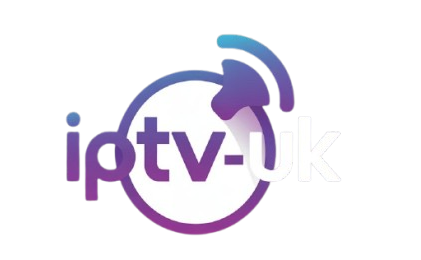what is iptv

What Is IPTV: Everything You Need to Know in 2025
1. What Is IPTV?
IPTV, or Internet Protocol Television, is a system that delivers television content over internet networks instead of traditional satellite or cable formats. Users stream content in real time, or access it on demand, all via IP-based networks.
2. How IPTV Works: A Technical Overview
IPTV sends video data through internet protocols to a set-top box or compatible app. Unlike broadcast or cable TV, IPTV is interactive and content is transmitted on demand.
3. Types of IPTV Services
- Live IPTV: Streams television broadcasts as they happen
- VOD (Video on Demand): Watch content anytime
- Time-Shifted IPTV: Catch up on previously aired shows
4. Devices Compatible with IPTV
IPTV works with smart TVs, smartphones, tablets, PCs, and streaming devices like Firestick, Roku, and Android TV boxes.
5. What Is IPTV Compared to Traditional TV?
Traditional TV is linear and fixed to schedules. IPTV allows on-demand, personalized content, often at a lower price and with better flexibility.
6. What Is IPTV and Why Is It Gaining Popularity?
With the increase in high-speed internet and demand for content personalization, IPTV offers an adaptable and scalable way to consume media.
7. Benefits of IPTV in 2025
- Greater content variety
- Custom channel lineups
- High-resolution streaming (HD, 4K)
- Multi-device support
- Time-shifting capabilities
8. Challenges in Understanding What Is IPTV
Issues include legal gray areas, internet speed requirements, and device compatibility. Consumers must ensure their service is legitimate and robust.
9. What Is IPTV’s Legal Status?
IPTV legality varies. Licensed services like Hulu Live or YouTube TV are legal, while unlicensed IPTV sellers may violate copyright laws.
10. IPTV Subscription Models
IPTV services may offer monthly, yearly, or lifetime subscriptions, often with tiered pricing based on content and features.
11. Setting Up IPTV: What You Need
You’ll need a stable internet connection (minimum 15 Mbps recommended), a compatible device, and a reliable IPTV app or set-top box.
12. What Is IPTV in Terms of Content?
IPTV offers a mix of live TV, on-demand movies and series, sports packages, international channels, and adult content—often in multiple languages.
13. IPTV for Sports Lovers
IPTV providers often include access to global sports events, pay-per-view channels, and replay options, catering to football, UFC, F1, and NBA fans.
14. What Is IPTV’s Future?
The future of IPTV lies in 5G integration, AI-enhanced recommendations, more robust legal offerings, and ultra-low latency streaming technologies.
15. Final Thoughts: Should You Consider IPTV?
IPTV provides a flexible, affordable, and modern way to consume TV. Ensure you choose a legal, high-quality service to enjoy its full benefits.
